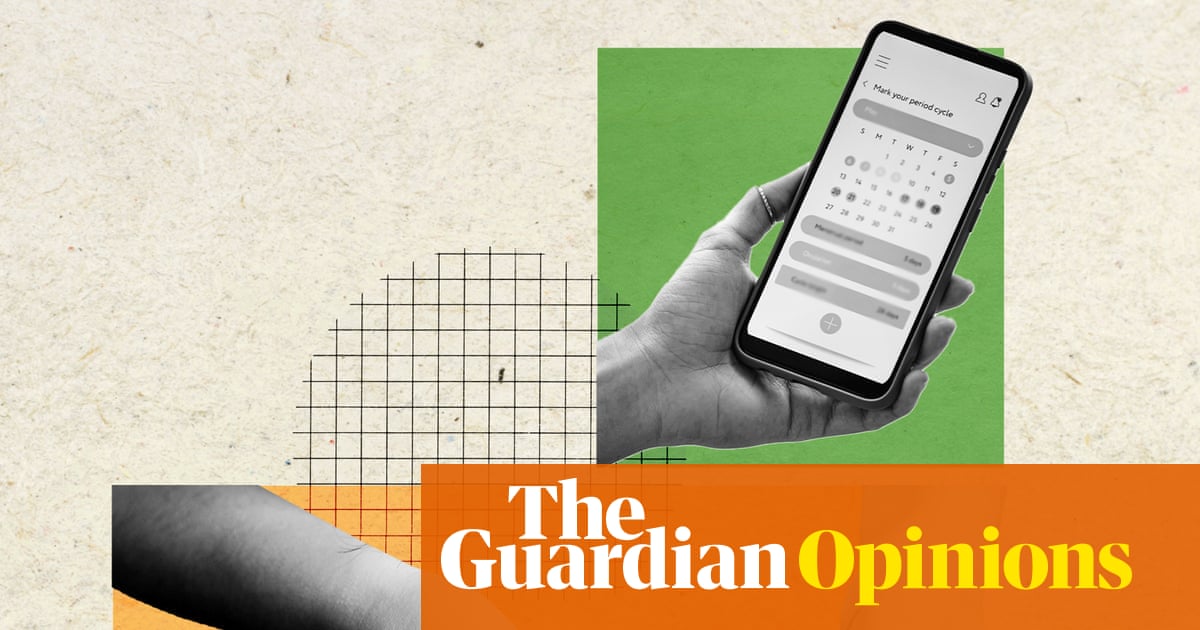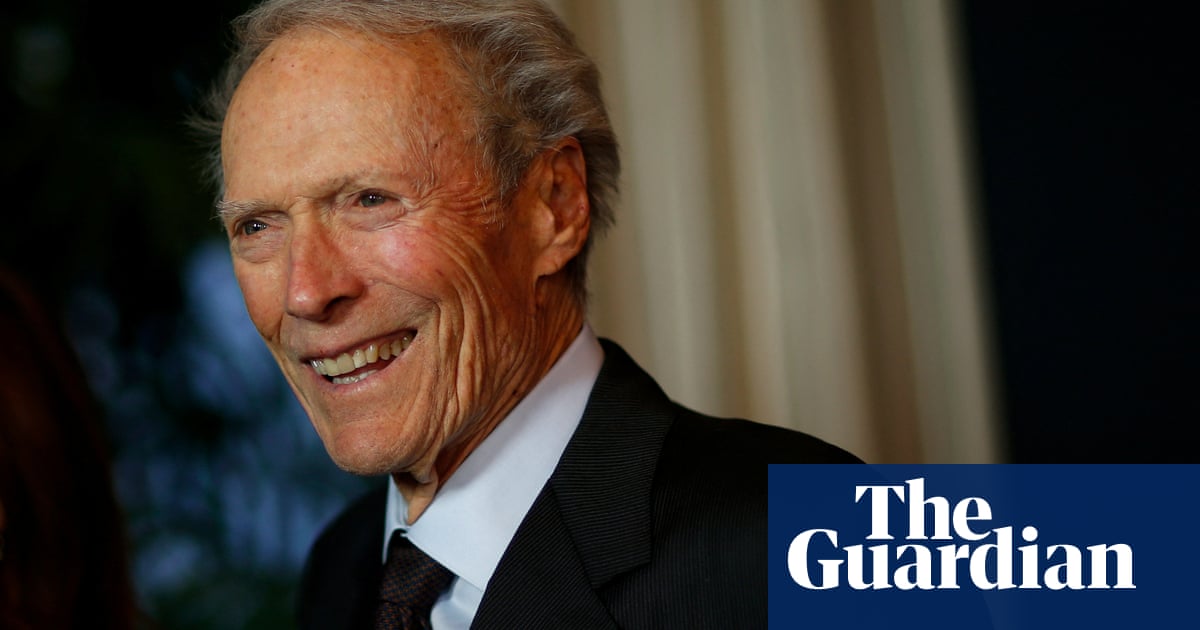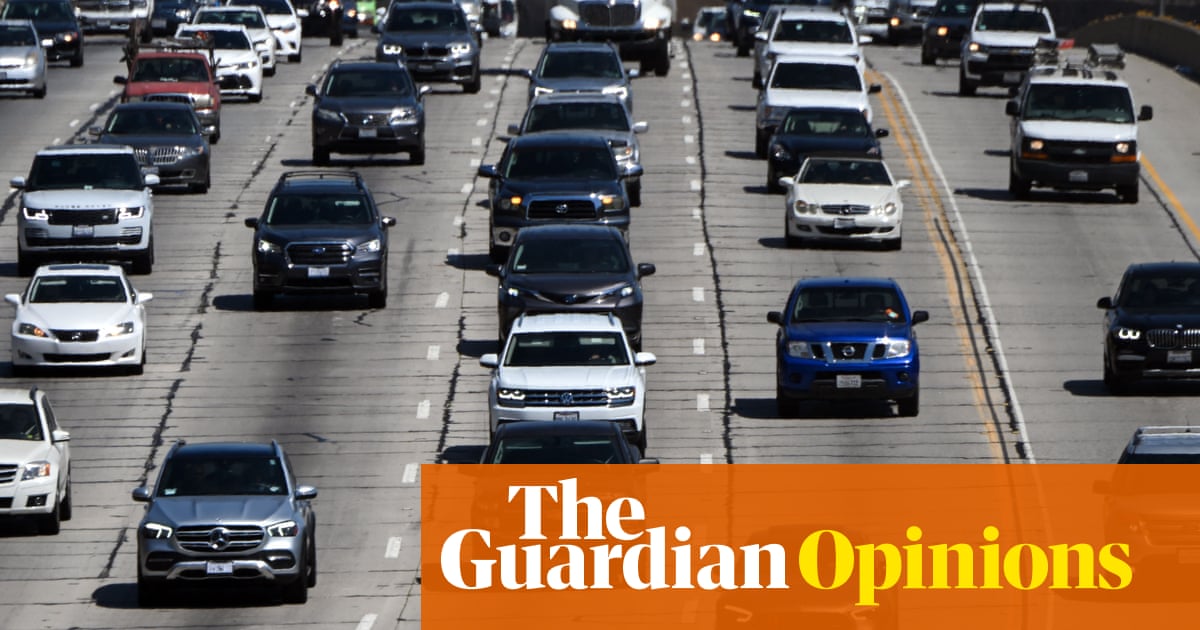For much of the past century, life expectancy continually increased. In most countries in the world, children could hope to live, on average, longer, healthier lives than their parents. This expectation is still true of the mega-wealthy. In fact, tech billionaires and multimillionaires have recently been fixated on finding the secret to longer life, convinced that with enough money, technology and cutting-edge science, they can stave off the inevitable for a few more decades to reach 120 or even 150 years old.
But their efforts aren’t trickling down to the rest of us. The world’s health crises are getting worse, with life expectancy going backwards in several high-income countries, such as the UK and US. In Britain, stagnation started before the Covid pandemic and has decreased by six months, and in the US by 2.33 years. Obesity rates are rising – not just in wealthy countries, but also in places like Ghana, which has experienced a 650% increase in obesity since 1980. Not 65%; 650%. Clean air is a rarity in most places in the world. Mental health conditions like depression are on the rise, worsened by financial precarity and stress.
We’ve been told for decades that if we just optimise ourselves, we can live longer, healthier lives. So how can we explain the gap between our growing knowledge about living longer and our collective health going backwards? Personally, I’ve set myself a suitably ambitious goal: to live to 100 with good health and to help others to do the same. According to the ONS life expectancy calculator, I have a 9.3% chance of making it that long (although even more challenging is to have a quality life during this time).
As someone who has a strong interest in and passion for health, I follow the latest research on superfoods and what to eat. I’ve tried sugar-free diets; I went vegan for a period. I’ve tried all kinds of different exercise regimes from running long distances to intervals to HIIT (high intensity interval training) to Hyrox, outdoor bootcamps, spin, hot pilates, barre and paddleboard yoga. In my mid-30s, I decided to become a personal trainer to combine my interest in fitness, nutrition and wellbeing.
However, every time my mind goes down the “optimisation” route, I’m reminded of my main job and lifelong career as a public health scientist, looking into the factors that affect how long we will live. Most of these are out of individual control and have to do with the country and community we live in. The truth is, this “self-help” narrative doesn’t reflect the reality of how health works. In fact, the focus on personal responsibility and self-improvement has distracted us from the real issue –the impact that public policy, infrastructure and community make in affecting our health chances and longevity.
In public health, research projects have studied places where people live significantly longer, healthier lives – think of Japan or South Korea, or within Europe, Zurich, Madrid or Sardinia. In these places, chronic diseases like heart disease and obesity are far less common. Take Japan, which has 80% less breast and prostate cancer than North Americans and half the risk of hip fractures.
Much work has gone into analysing the behaviours of people living within these cities and regions. Based on this, we get lists of changes we could be making at an individual level to live longer, such as moving to a largely plant-based diet, sleeping seven to nine hours a night and exposing yourself to a certain amount of sunlight each day. These are of course helpful, but I suspect that hardly anyone in the areas above has read a self-help book or has a daily health “to do” list.
What stands out about these places is that the people living there don’t just make individual choices that lead to better health – they live in places where healthy lives are normalised by government and culture.
Take the issue of obesity: the UK isn’t fatter than Japan because it is a country filled with fundamentally different people who choose to be overweight or are lazy or stupid – that kind of logic is not only naive, but it stigmatises overweight people. In fact it seems like at the level of choice, the UK is more interested in dieting, with a diet industry estimated to be worth £2bn annually and diet books selling millions of copies each year. In contrast, Japan’s diet industry is tiny, worth only $42.8m. The main difference is actually in the food environment – including affordable fruit and vegetables, nutritious school meals and support from the government – meaning that it’s far easier for an individual to stay within a healthy weight living in Japan. The odds are stacked against you in Britain.
You can become the healthy “outlier” or bubble yourself off from larger societal challenges if you have wealth, time and resources. You can carry an air purifier, drink a matcha latte, swim in expensive leisure centres, even hire a chef to bake you fresh bread and prepare nutritious meals. There’s a reason that being a royal or marrying into royalty is one of the surest ways to live a long and healthy life. But for those of us who are commoners, there’s no fully opting out of the societal factors completely: we have to go outside to breathe air, walk and cycle the streets, drink tapwater and eat the foods available near where we live or at school.
As I talk about in my new book, if I’m going to live to 100, I need more than fastidiously counting my calories and posting pictures of myself exercising on Instagram (which I am guilty of). I need to live in a world where health is a collective responsibility, not an individual one. This means supporting policies that make us all healthier – and politicians who prioritise the conditions for good health such as nutritious food especially for children, active cities, clean air policies, preventive healthcare and public provision of water, which should be at the core of what a government provides its citizens. There are lessons in how to improve life in all of these areas across the world: these are places where good health is built into daily life.
If we think of Ponce de León’s quest for immortality in the 16th century – at a time when life expectancy in his native Spain was just 25 to 30 years, perhaps the lesson is that the answer for longer, healthier lives wasn’t in a fountain of youth but in the rise of stable government, public services, science and community. Tech billionaires could take note.
-
Prof Devi Sridhar is chair of global public health at the University of Edinburgh, and the author of How Not to Die (Too Soon)

 3 months ago
91
3 months ago
91

















































